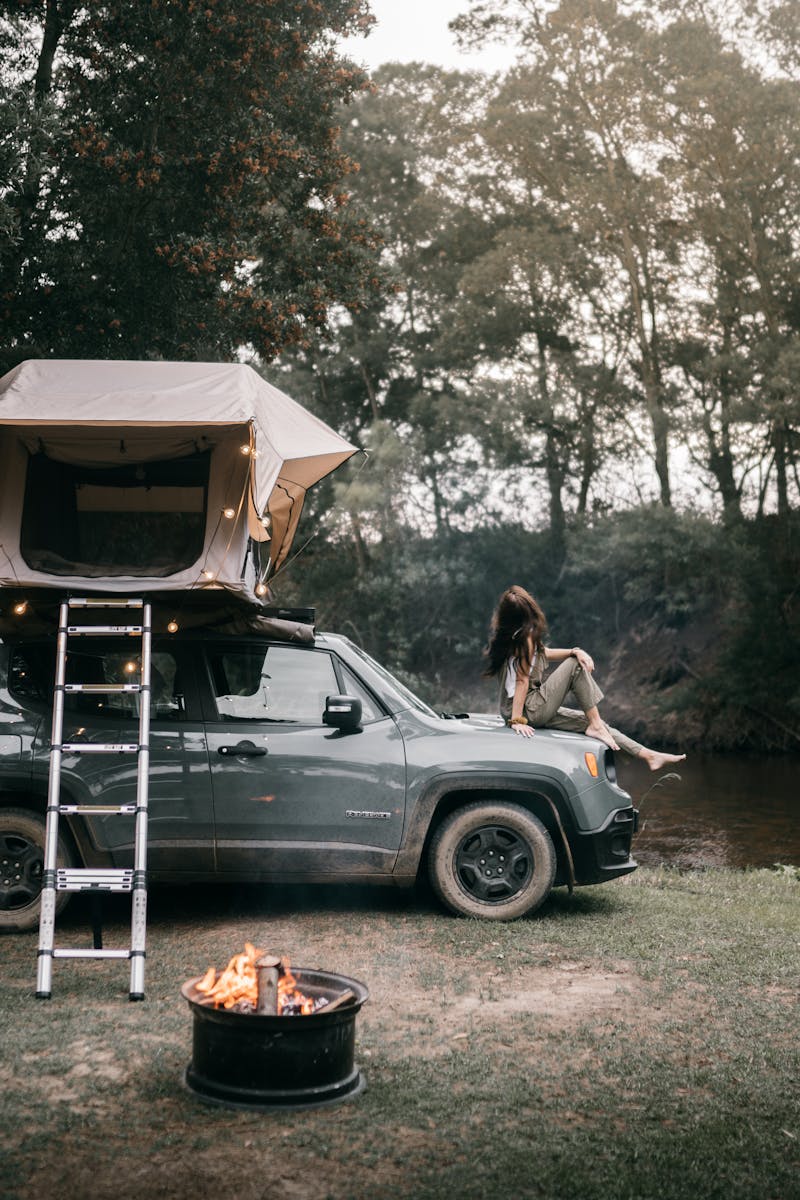
Is Recreational Vehicle (RV) Insurance Required?
Motorhomes, campers and other recreational vehicles (RVs) are valuable commodities that may open up many adventurous opportunities. Given this financial importance and the significant role such vehicles may play in your lifestyle, you likely realize the importance of RV insurance. However, beyond the financial protection these policies offer, you should also be aware of any particular requirements related to your coverage.
Liability Coverage Requirements
Most states legally require you to maintain certain levels of RV insurance coverage if you plan to operate your vehicle on public roads. Specifically, almost all states mandate minimum amounts of third-party liability coverage, with requirements often including the following specifics: 
- A minimum amount of bodily injury liability coverage per person
- A minimum amount of property damage liability coverage per accident
- A minimum amount of total bodily injury liability coverage per accident
The aforementioned components of an RV insurance policy are critical to ensure that other parties are able to recoup losses for which you may be responsible following an accident. If you own a trailer hooked up to a car or truck, you’ll generally need to insure the towing vehicle rather than the trailer.
Other RV Coverage Requirements
Some states may also require you to carry additional coverage. For example, in Illinois, policies must also include uninsured motorist coverage. This provision can help you repair your vehicle, manage medical costs or otherwise manage the financial consequences of accidents for which someone else is at fault should they be uninsured.
You may also be subject to insurance-related mandates depending on where you choose to set up camp. For example, some RV parks may require residents to maintain full-time liability coverage or vacation/campsite liability coverage. This is to ensure financial responsibility for incidents occurring in or around your stationary vehicle for which you are responsible, such as guests being injured or neighboring RVs being damaged.
Additionally, if you’ve purchased your RV with the assistance of a loan, you may need to adhere to further obligations. For instance, many lenders may require you to carry collision and comprehensive coverage to financially protect your vehicle from crashes, fires, crime and severe weather until you’ve paid off your debt.
Learn More
Contact Ramos Insurance in Streamwood, Illinois, today to address your RV coverage needs and get a free quote.
This blog is intended for informational and educational use only. It is not exhaustive and should not be construed as legal advice. Please contact your insurance professional for further information.
Categories: Blog
